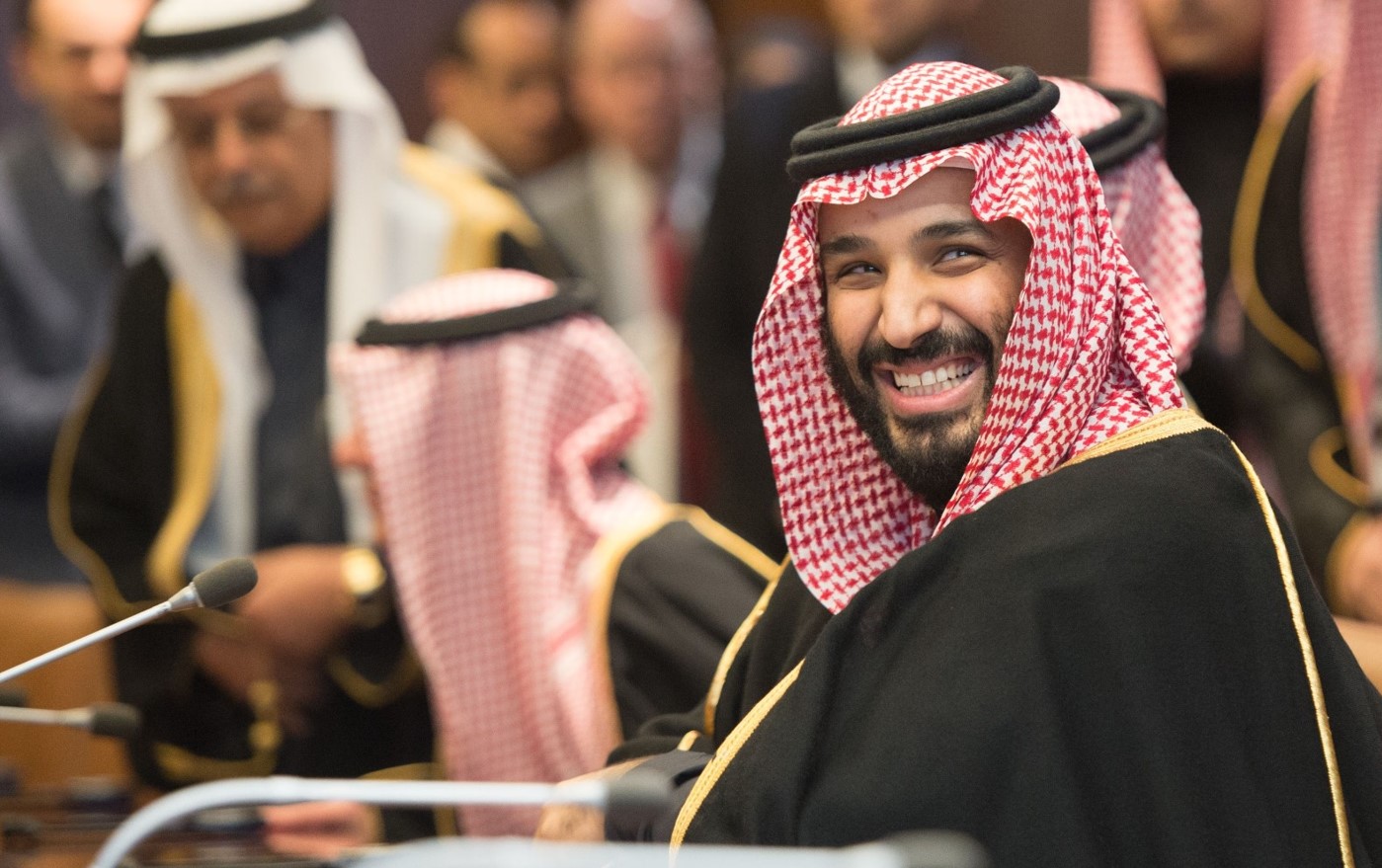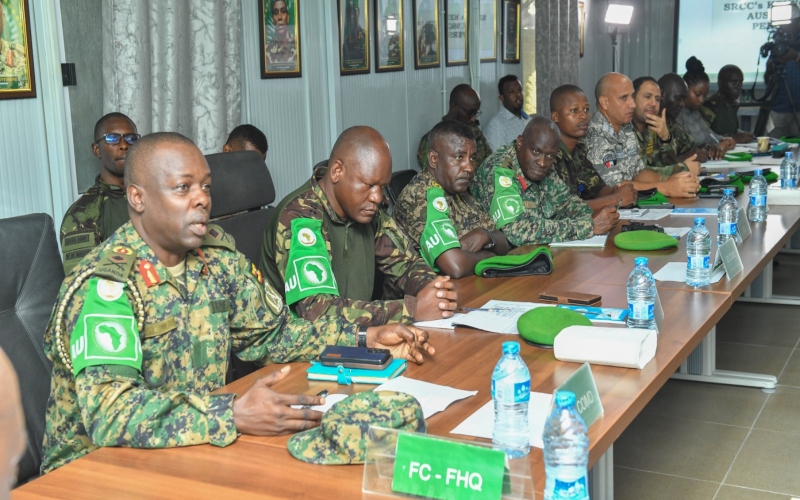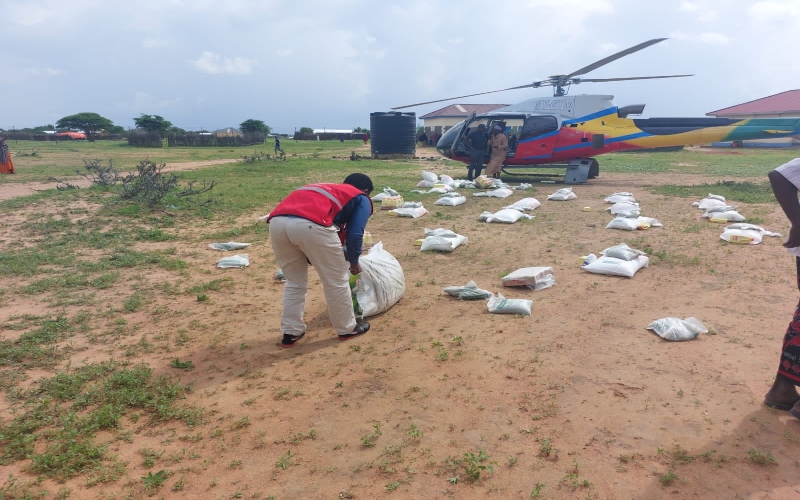Saudi's Crown Prince bans iftar in mosques ahead of this year’s Ramadan

The notice directed imam and muezzin to oversee the organisation of these feasts in mosques’ courtyards and charged them with the responsibility of ensuring cleanliness soon after the feast is concluded.
The Crown Prince of Saudi Arabia, Mohammad Bin Salman, has set new regulations to guide the Muslim faithful in the country during the holy month of Ramadan.
Saudi Arabia’s Ministry of Islamic Affairs issued a notice on their official X profile declaring that iftar should not be organised inside mosques because of cleanliness being a concern.
More To Read
- Gulf region paves the way to become digital data hub
- Embassy begins emergency travel certificate registration for stranded Kenyans in Saudi Arabia
- Senators summon Mudavadi over harassment, detention and deaths of Kenyans abroad
- Kenyan single mothers in Saudi Arabia urged to register children, collect birth certificates
- Diaspora remittances from Saudi Arabia fall to four-year low after new work permit rules
- Kenya opens Jeddah consulate, deepening Saudi ties
The notice further mentioned restrictions for imams and muezzins from collecting financial donations for organising iftar. "The Ministry of Islamic Affairs, Dawah and Guidance issues a number of instructions related to mosques during the blessed month of Ramadan 1445 AH," read the post.
The order stated, "Imams and muezzins in various regions of the Kingdom not to collect financial donations for Iftar projects for fasting people and others."
Since he took power, the prince, also known as MBS, has introduced a raft of reforms or changes touching on religion in the country; the kingdom decided to allow alcohol sales to non-Muslim diplomats and to have cinemas reopened.
Women have also been allowed to drive cars since 2018 after lifting the decades-long ban on women driving—the only one of its kind in the world that left women dependent on men for mobility.
In 2019, Saudi women aged 21 or more were allowed to apply for a passport and travel abroad without first obtaining the consent of a male "guardian" -- husband, father, or other male relative. The move marked a significant loosening of the controversial guardianship system, under which men exercise near-total authority over women.
In a bid to reduce its reliance on oil revenues and diversify the economy, Saudi Arabia in September 2019 began opening up to tourism—its so-called "white" oil"—for the first time. Until then, Saudi Arabia had only issued visas to Muslim pilgrims, expatriate workers, or, from 2018, people attending sporting and cultural events.
Long forbidden, men and women have in recent years been allowed to mingle in public. Women were allowed to enter a football stadium to watch a match for the first time in 2018 and can now attend concerts alongside men.
Women, previously restricted to a few fields, primarily in health and education, now work alongside males.
Top Stories Today













































